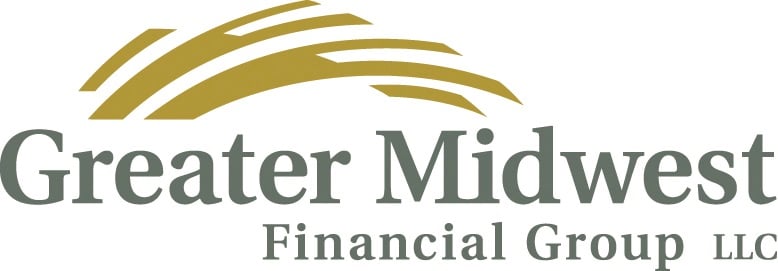
What is Estate Planning?
Estate planning is the process of figuring out what happens to your things (or assets) in the event of your incapacitation or death. This can include high-value items like your house or car to sentimental items. It’s important even for those who rent, so they can make a plan for what should happen to their possessions. When you make an estate plan, you determine which assets will be preserved, managed, and distributed.
Estate planning is important, no matter your financial situation or current wealth. Poor estate planning can put an extreme amount of stress on your loved ones, who now have to figure out the logistics of handling your assets on top of any other necessary arrangements. It’s also critical if you have children and/or pets to ensure they’re cared for in case of emergency.
Many people push off estate planning, thinking they’ll address it when they’re older. Unfortunately, you can’t predict when or how an accident, illness, or death will occur.
Additionally, if you don’t create an estate plan, your state will have to decide what happens to your assets. The courts don’t have the capacity to do any digging to guess at what you would have wanted, and instead will apply a one-size-fits all approach that likely won’t distribute your assets equitably or in the manner you desired.
That’s why it’s better to tackle estate planning yourself, sooner rather than later.
How Does Estate Planning Work?
Estate planning is a catch-all term for several steps. Usually, it begins with a will or living trust. A will dictates how your assets will be preserved, managed, and distributed and to where upon your death. However, wills have to be processed through the court and can be a bit of a hassle for that reason. A living trust is a document that also dictates how your assets will be preserved, managed, and distributed but instead of going through a court it appoints a trustee in charge of the assets and beneficiary(s) who will receive the assets.
In addition to creating a will or living trust, estate planning usually includes the following:
- Updating beneficiaries on insurance, IRAs, and/or 401(k)s
- Setting up funeral arrangements
- Setting up power of attorney to direct other assets (not covered by will or trust)
- Naming a guardian for living dependents
- Making a plan for using existing money or life insurance to help offset the costs of funeral arrangements and estate taxes
Estate Planning with Greater Midwest Financial Group
When your estate planning is in order, you feel at home. At Greater Midwest Financial Group, we systematically work with you to pursue your goal of preparing for the future. Get estate planning guidance and support from our team of financial providers. We’ve worked through many law changes and challenges over the past few decades, and we’re dedicated to working closely with you, your attorney and/or our alliances with estate tax experts to provide you with the best estate planning solutions.
Get answers to traditional estate planning and wealth transfer questions:
- Which is a better option for me: a will or a revocable trust?
- Should I set up a trust for my children?
- How do I keep certain assets in my family?
- Are powers of attorney, health care declarations and HIPPA releases necessary?
- How do I effectively use beneficiaries, payable on death and transfer on death registrations?
- Can I afford to support my children or charities during my lifetime?
If you haven’t reviewed your estate plan recently, you may be missing opportunities due to outdated documents.
Greater Midwest Financial Group is a financial advisor firm serving St. Paul, Minneapolis and the wider Twin Cities area. We specialize in wealth management, retirement planning, asset management and other personal finance needs.



